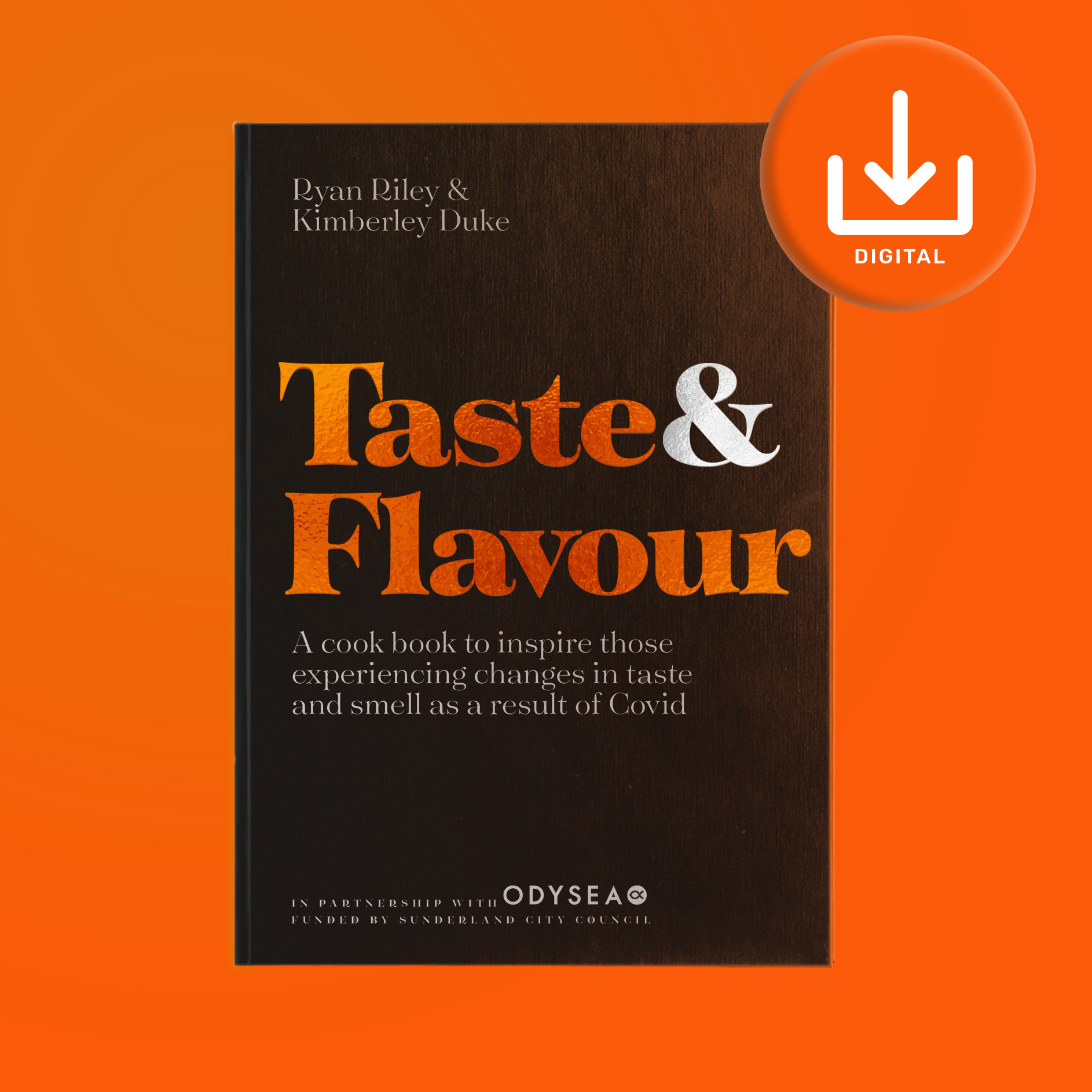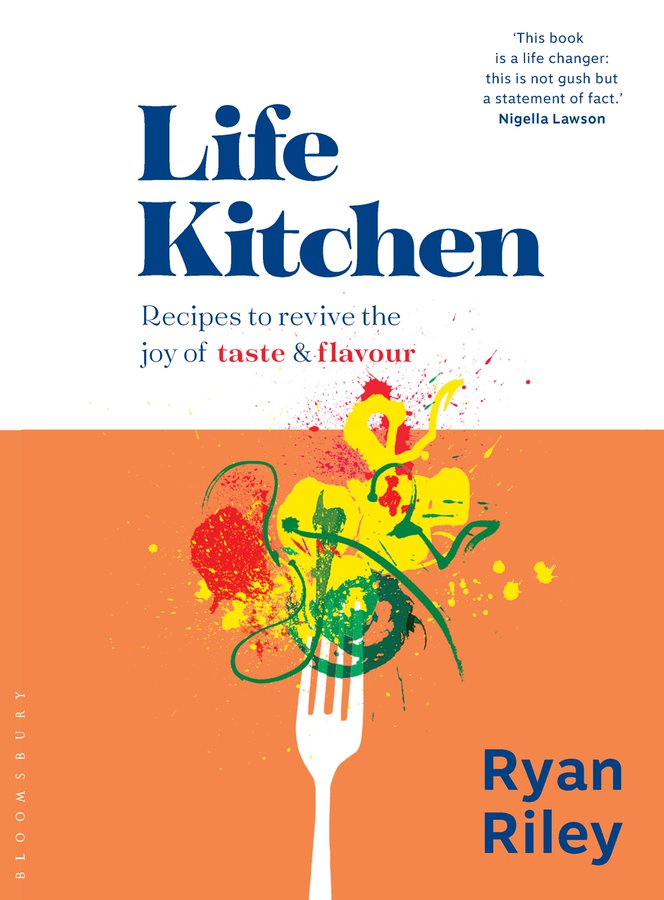Taste & Flavour Digital Book
Free Life Kitchen Taste & Flavour book
OUT NOW
Simply add the FREE Taste and Flavor digital download to your basket, once checked out you will receive an email with the download link! This download is available worldwide.
When it first came to light that many people with Covid-19 were experiencing loss of taste and smell, our first thought was – what can we do to help?
At Life Kitchen, we want to help as many people as possible to enjoy food again, and in doing so take further steps, however small, towards recovering their overall well-being. So welcome to our Taste & Flavour book. In it, you’ll find a range of recipes that use ingredient combinations, along with textures and other sensory factors, that we hope will help you derive pleasure from food – and we’ve excluded the ingredients we now know most people with Covid don’t fancy.
We undertook research and discovered that Covid-related taste and smell loss has some distinctive features. Sufferers found they didn’t want to eat certain, quite common ingredients, including onions, garlic, meat and eggs. In addition, certain foodstuffs seemed to trigger parosmia (changes to or distortion of the sense of smell), anosmia (loss of smell) and phantosmia (smelling something that isn’t there). Any of these olfactory conditions can have a profound knock-on effect for physical and mental health.
Using our five principles of taste and flavour – umami, smell, stimulating the trigeminal nerve (responsible for sensation in the face), texture, and layering flavour – we’ve taught over 1,000 people with cancer to enjoy food again. We wanted to apply these principles to create recipes for those people who have lost their senses of taste and smell as a result of Covid. Learn more about the science behind Life Kitchen.
This book is a collection of recipes, ideas and expertise to help you on your journey towards enjoying food again. We hope you enjoy it.
To make this book possible, we have worked with a range of experts. Professor Barry Smith, from the University of London, Abscent, and Altered Eating. We thank them for their support.
This book was also made possible by Sunderland City Council





